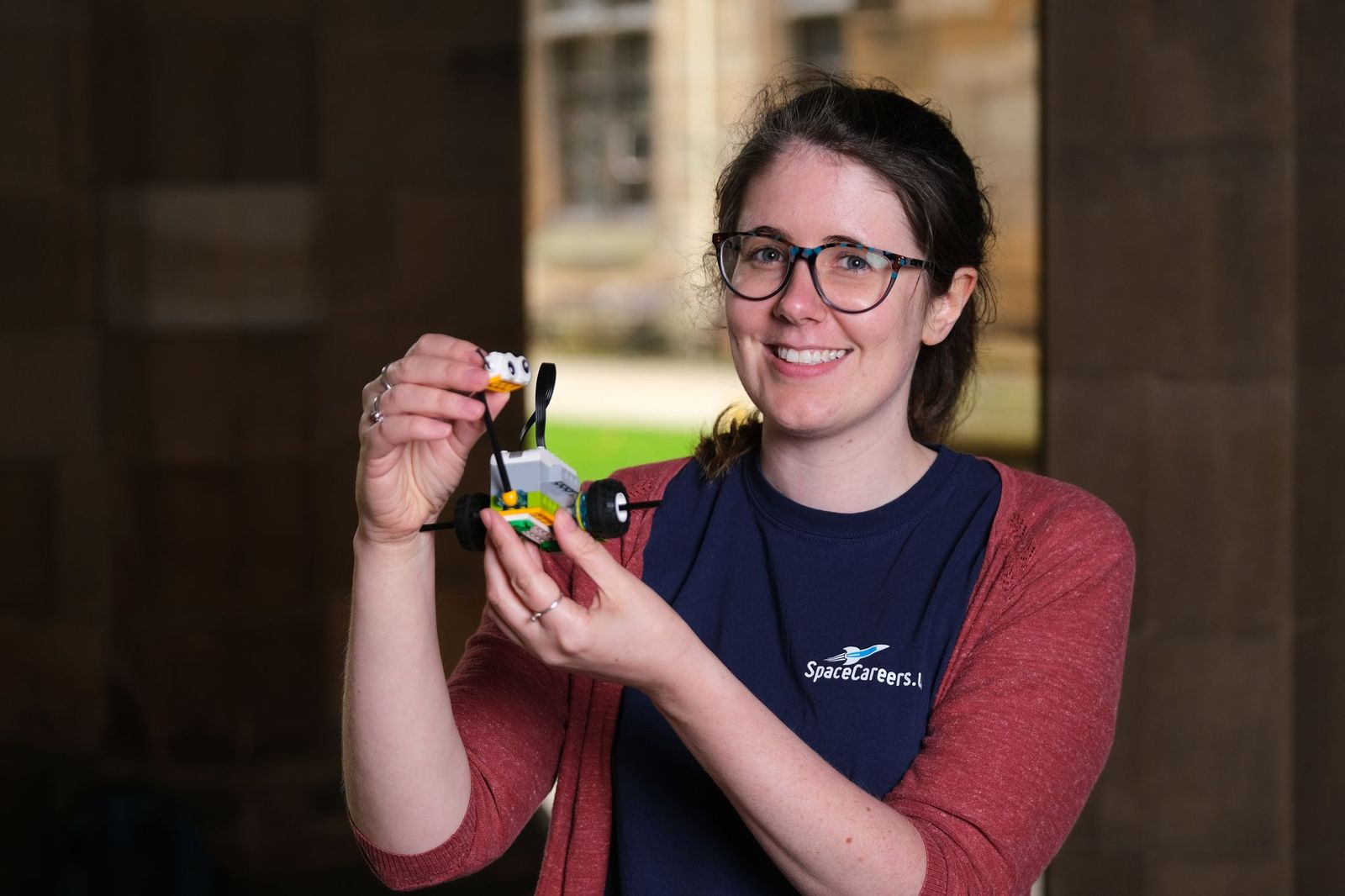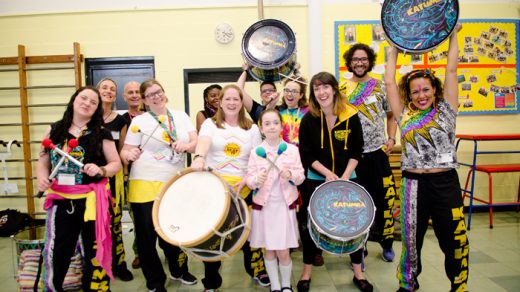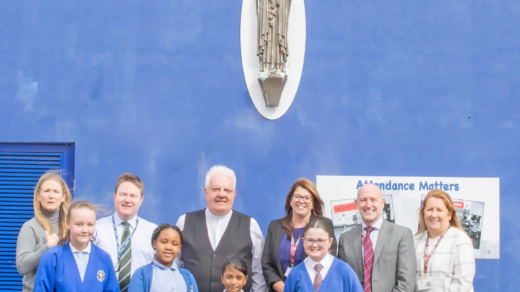Mars project sets out to encourage pupils’ stellar ambitions

An education project which aims to bring the science of Martian exploration into the classroom has launched this National Astronomy Week (14-22 November).
The ‘Roving with Rosalind’ project is aimed at children aged between 7 and 14 in disadvantaged and rural areas across the UK, who often have limited opportunities to participate in science outreach activities. The project also looks to help teachers train in delivering more effective science education.
Schools around the UK can sign up to borrow one of five kits packed with practical science experiments and take part in a suite of online activities, each linked to national science curricula. The activities are accompanied by video introductions from real space scientists, showcasing the diversity of talent working in the field.
Each activity provides insight into a different aspect of the science experiments that will be undertaken by the robotic Rosalind Franklin rover when it touches down on Mars in 2023. The rover is a key part of the joint European/Russian ExoMars mission, set to launch in 2022, which will search for traces of life on the red planet.
At an online event on Thursday 19 November, organised as part of the Mars-focused National Astronomy Week, teachers and pupils can find out more about how ‘Roving with Rosalind’ aims to recreate the experience of being a rover mission scientist.
Roving with Rosalind is organised by Áine O’Brien and Sara Motaghian, two Scottish planetary science PhD students. They designed the project to inspire young people from diverse backgrounds to pursue careers in space-related science. The project is supported by £30,000 in funding from the UK Space Agency’s Aurora Science Education and Outreach scheme.
Áine O’Brien is working towards a PhD at the University of Glasgow’s School of Geographical and Earth Science. She said: “I was a physics teacher for several years before I decided to go back to academia, and I’m passionate about finding new ways to spark young people’s interest in science.
“We’ve designed the project specifically to reach pupils who don’t live within easy reach of a science centre or university. Research has shown that children who don’t have access to science outreach can feel that science isn’t a realistic career option for them
Aine added: “The message of Roving with Rosalind is that science is an accessible career for anyone. The rover itself is named after Rosalind Franklin, who made huge contributions to the discovery of DNA but only recently started getting the credit she deserves.
“We’ve recorded videos with real space scientists from all walks of life to accompany the activities in our kits. We hope that their stories of how they ended up in their careers will be just as inspiring as the science experiments, and encourage kids to explore a future in science.”
Roving with Rosalind was originally set to roll out across the country in the spring, before the spread of the coronavirus pandemic closed schools and spurred a rethink of plans. Many of their resources and activities can be carried out without the physical kits themselves on the project’s learning page.
To register for the Roving with Rosalind event during National Astronomy Week, click here. The event will take place on Thursday 19 November between 11am and 12pm.
Teachers, technicians and STEM ambassadors can register interest in hosting a kit at https://tinyurl.com/y5bh5rh6. Parents and guardians can also register an interest on behalf of their child’s school using the same link.




